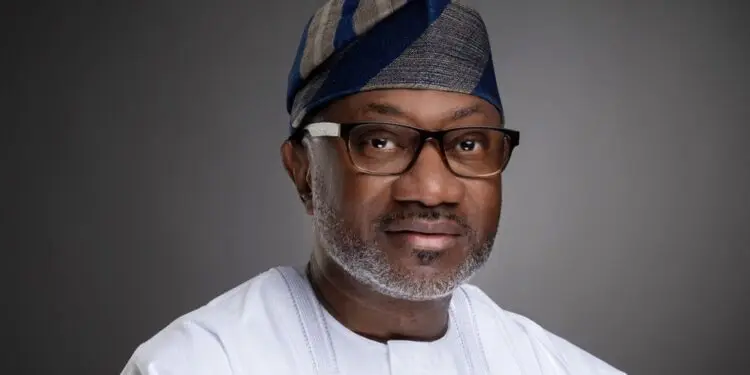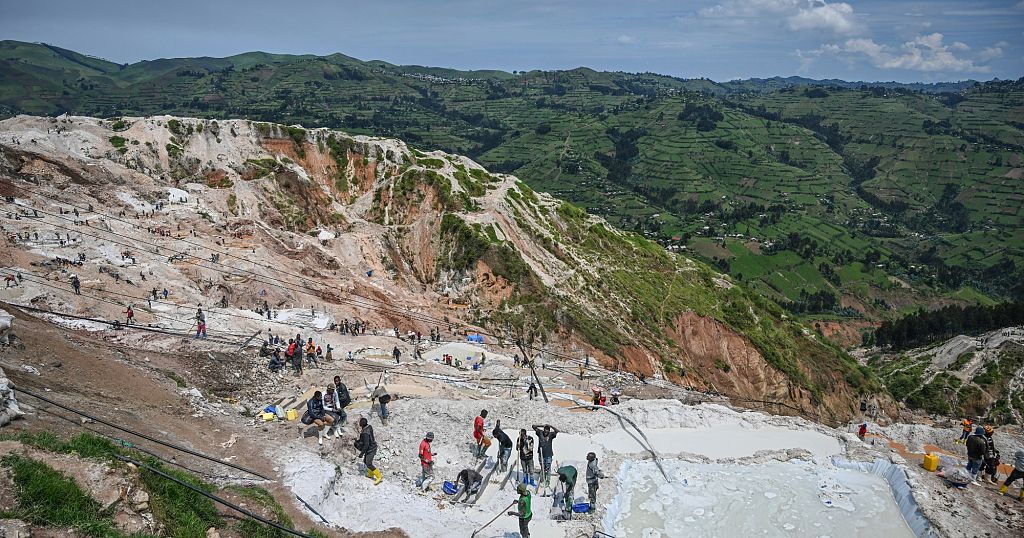Israel Rejects 21-Day Ceasefire Proposal, Vows to Continue Fighting Hezbollah
Tensions in the Middle East have escalated as Israel rejected a 21-day ceasefire proposal from its allies, including the United States and France, and vowed to continue fighting Hezbollah militants in Lebanon. The rejection comes ahead of Prime Minister Benjamin Netanyahu’s expected address to the UN General Assembly on Friday.
The proposal was made on Wednesday, following a meeting between US President Joe Biden and French President Emmanuel Macron on the sidelines of the UN General Assembly in New York. However, Israeli leader Netanyahu flatly rejected the ceasefire proposal on Thursday, ordering the military to continue "fighting with full force".
The White House expressed frustration at the rejection, saying the truce proposal had taken "a lot of care and effort". National Security spokesman John Kirby stated that the US wouldn’t have made the proposal if it didn’t believe the Israelis were supportive of the goal.
Macron also criticized Netanyahu’s decision, calling it a "mistake" and stating that he would have to take "responsibility" for a regional escalation. The joint ceasefire statement had described the situation in Lebanon as "intolerable" and "in nobody’s interest".
The fighting has resulted in hundreds of deaths this week, with Lebanese health authorities reporting that Israeli strikes have killed 92 people and injured 153 in the past 24 hours. More than 1,500 people have been killed since hostilities began last October, with Thursday’s toll bringing the number of people killed in Israeli strikes on Lebanon since Monday to over 700.
The conflict has also displaced over 118,000 people in Lebanon, with many more affected by the ongoing violence. US Secretary of State Antony Blinken met with Israel’s strategic affairs minister on Thursday, emphasizing the need for a ceasefire to allow civilians on both sides to return to their homes.
Meanwhile, Israel has secured a new $8.7 billion aid package from the United States to support its ongoing military efforts. The Israeli military has also carried out precision strikes in Beirut, killing the head of Hezbollah’s drone unit, according to reports.
The situation has raised fears of an all-out regional war in the Middle East, with Israel shifting its focus from the Gaza Strip to its border with Lebanon. The Israeli military chief has told soldiers to prepare for a possible ground offensive, and the country has intercepted a missile fired from Yemen.
The leader of Yemen’s Huthi rebels has vowed to support Lebanon and Hezbollah, while diplomats have emphasized the need for a ceasefire in Gaza to halt the fighting in Lebanon. Despite months of mediation efforts, a Gaza ceasefire remains elusive, with a new international coalition announced to seek a two-state solution in Gaza.
The conflict has resulted in devastating humanitarian consequences, with over 41,000 people killed in Gaza, most of them civilians, according to the Hamas-run territory’s health ministry. The UN has described the figures as reliable.



